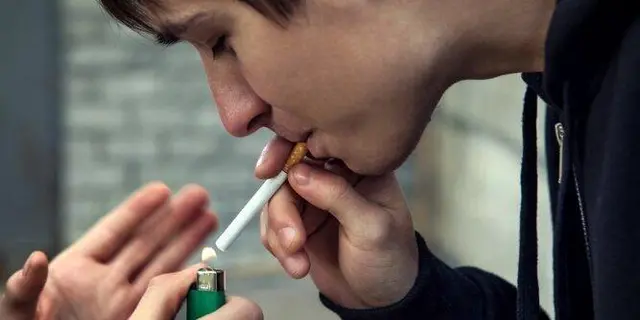As the new school year kicks off across the world, nearly 300,000 children returned on Monday back to United Nations-run classrooms in Gaza and Syria, where the UN is supporting holistic and innovative solutions to ensure the emergency education needs of Palestine refugees are addressed in war-ravaged areas where many of their schools were damaged and destroyed.
"In Gaza, conflict has profoundly affected the traditional learning environment and delayed the academic year for almost three weeks," said Pierre Krahenbuhl, the commissioner-general of the United Nations Relief and Works Agency (UNRWA) in a statement to the press.
"But after the traumatic 50 days of brutal conflict, of death, destruction and massive displacement, including to many of our schools, we are determined to give the children a sense of renewed hope and better prospects by opening the schools so soon again," he said.
In Gaza, some 240,000 children went back to 252 UNRWA schools on Monday. The recent conflict had left 258 schools and kindergartens damaged, including 26 schools that are beyond repair.
Initial estimates indicate that at least 30 million U.S. dollars are needed until the end of the year to address the impact of the conflict on school infrastructure. More than 63,000 people, of whom half are children under the age of 18, remain displaced in Gaza.
More than 90 school buildings had been used as shelters for displaced people in Gaza.
"UNRWA staff in Gaza has been working around the clock to prepare for the students' return to school. This has been particularly challenging, because as of a few days ago, 29 UNRWA school buildings -- every fifth school building -- was still serving as a shelter," said Krahenbuhl.
UNRWA has employed more than 200 counselors to support children, parents and teachers as they transition back to school.
"The top priority now is making sure that after a period of psychosocial support, including the use of theater for development techniques, our students can return to their regular curricula," he said. "There can be no more important priority right now than providing education and a sense of safety and normality for the children of Gaza and Syria. It is a matter of dignity."
The UN Agency is also rolling out a three-phase approach and 7, 800 teachers have been trained to offer new methods of teaching. After the initial focus on psychosocial support, a transitional phase will center on alternative learning. At the third and final stage UNRWA schools will return to standard curriculum. Lessons will also be offered through UNRWA TV, its satellite channel.
UNRWA is also sending 50,000 students on Monday back to school in Syria, where a three-and-a-half-year conflict has taken a heavy toll on the education system. Both in Gaza and Syria, the Agency has adopted measures that protect education -- including establishing schools in safer areas; developing material for students unable to get to school; and deploying psychosocial counselors.
 简体中文
简体中文

